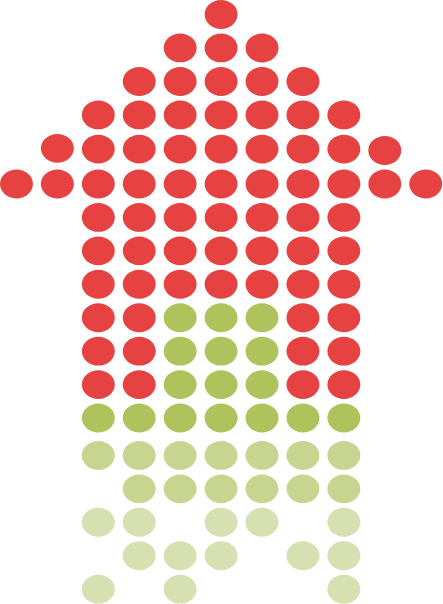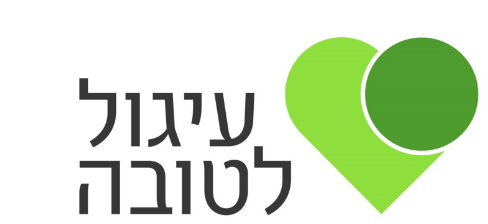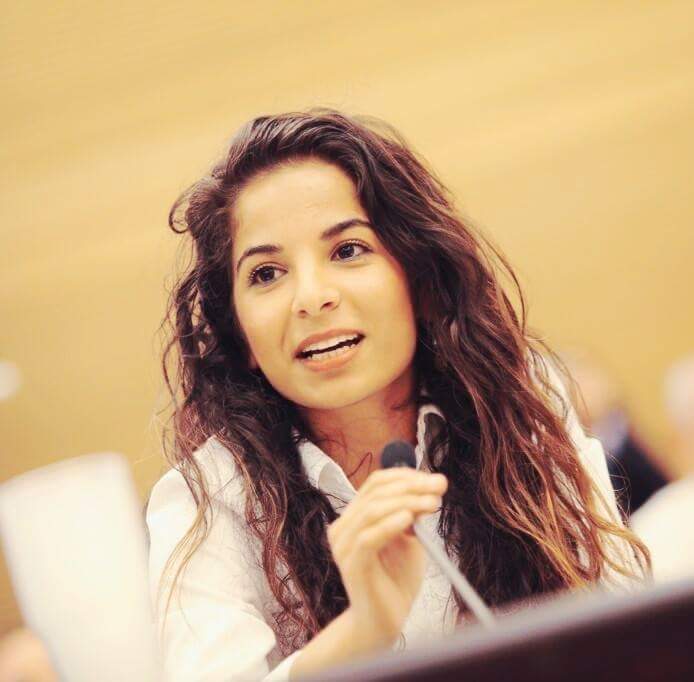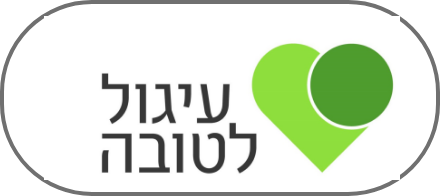To me, Lamerhav is…
This may sound as a cliché, and probably most of us, if not all, reply with the same simple word: “a home”. This is the place where the heart and mind can be brought as they are, without a sense of shame or fear of being judged.
How did you get to Lamerhav? What is your first memory of the program?
Einat Veger, a social worker, who served as my counselor on behalf of the ELEM (Youth in Distress) organization, suggested that I inquire about the program. At that time, it was not entirely clear to me how the program would change my life.
I have a lot of memories from the program. I can really operate a TV channel in my mind, and reminisce, over a cup of coffee, about the unforgettable and meaningful memories that have shaped me. After all, eight years are quite a long and meaningful period.
But if we refer to my first memory, then it would be interviews I had at the end of the 11th grade. As it is impossible to convey what Lamerhav is all about, and what one really gains from the program, I found it hard to feel a connection with the acceptance process. But it has taken only one Shula Mozes, in just a few minutes of a short conversation, to reach out to my heart. From that moment on, it had been clear to me that I had 2 options: either I am accepted or I am accepted. In other words, there is no other option.
Tell us about one meaningful experience from your time at Lamerhav
The meaningful experience would be the time when I had graduated and left the youth village. Suddenly, I had to literally become my own master. I had to leave a sheltered environment and go out into the big world, without any objective tools to deal with everything. I was terrified. Fortunately, I moved to Lamerhav’s apartment for young adults in Hod Hasharon. I had stayed there until I started my year of voluntary service, and lived physically near Lamerhav. The first three months were unbearably difficult emotionally. Lamerhav and Noa Gutter, my counselor, were the only stable and safe place I had then. Noa kept in touch and called me during the week, in addition to the individual sessions we held. This helped me cope with the feelings of loneliness and fear that I had those days.
What did you gain from the process at Lamerhav?
What did I gain??? I gained a new and improved me.
This occurred largely thanks to the personalized meetings. During my last years at Lamerhav, following my release from the IDF, I was mentored by Hagit Sabag. Along with the concrete processes related to education, I have also developed some kind of a commitment to examine myself on a deeper level, to make room for my fears and demons, and to understand what activates and manages me for better or worse. All these and more have enabled me to achieve one goal after another. Today, I have the tools to conduct this discussion with myself, or with those close to me, and thus continue to climb further up.
In addition, I have gained wonderful friends, real soul mates. Ones, that even if I am not in touch with on a regular basis, the heart opens up to them as soon as our eyes meet.
Where are you today (age, marital status, occupation)?
I will be 29 soon. I am married to Avi, the most brilliant, funny and loving person I have ever known. We live in Lod together with Lucky, our beloved dog. I graduated a year and a half ago with an MA in Social Work. I have been working for the past two years in the Welfare Department in Lod, coordinating the treatment programs for young adults at-risk, as part of the ‘Yated’ program. I have the honor and the privilege to provide guidance and support to young adults, and bestow a little of what I have received at Lamerhav. This is an opportunity to assimilate work processes and therapeutic perceptions among my staff members and of course, to raise awareness to the issue of young adults at-risk. The connection between my professional knowledge and my life experience offers me a lot of confidence and a sense of making a difference and doing meaningful work.
What message would you like to convey to young adults who are starting Lamerhav’s program?
I assume that Lamerhav has undergone many changes in recent years, and I have no doubt that it is only getting better and better. So, my recommendation to the young adults is that they be present and active in the processes they undergo, and not just at the concrete level of physical presence in the various meetings. They should acknowledge the opportunity that came their way, and allow themselves to ask questions, lean on others, get help, deliberate, look inward, experiment, dare and enjoy, because going out into the world happens much faster than you think.



